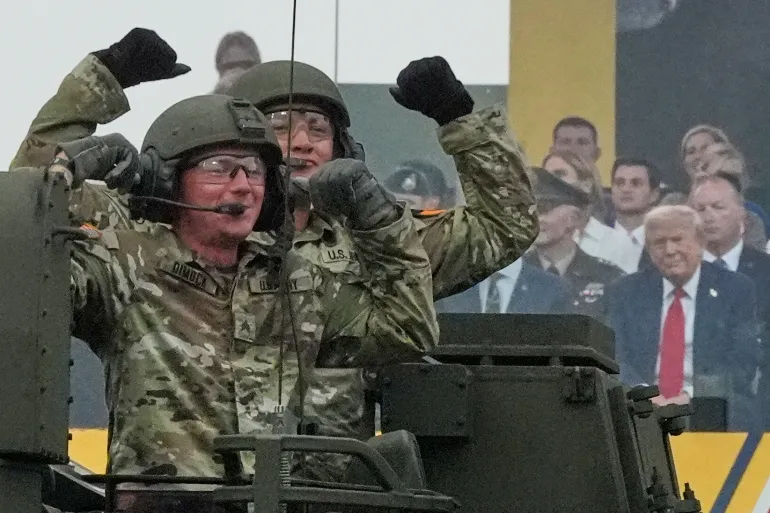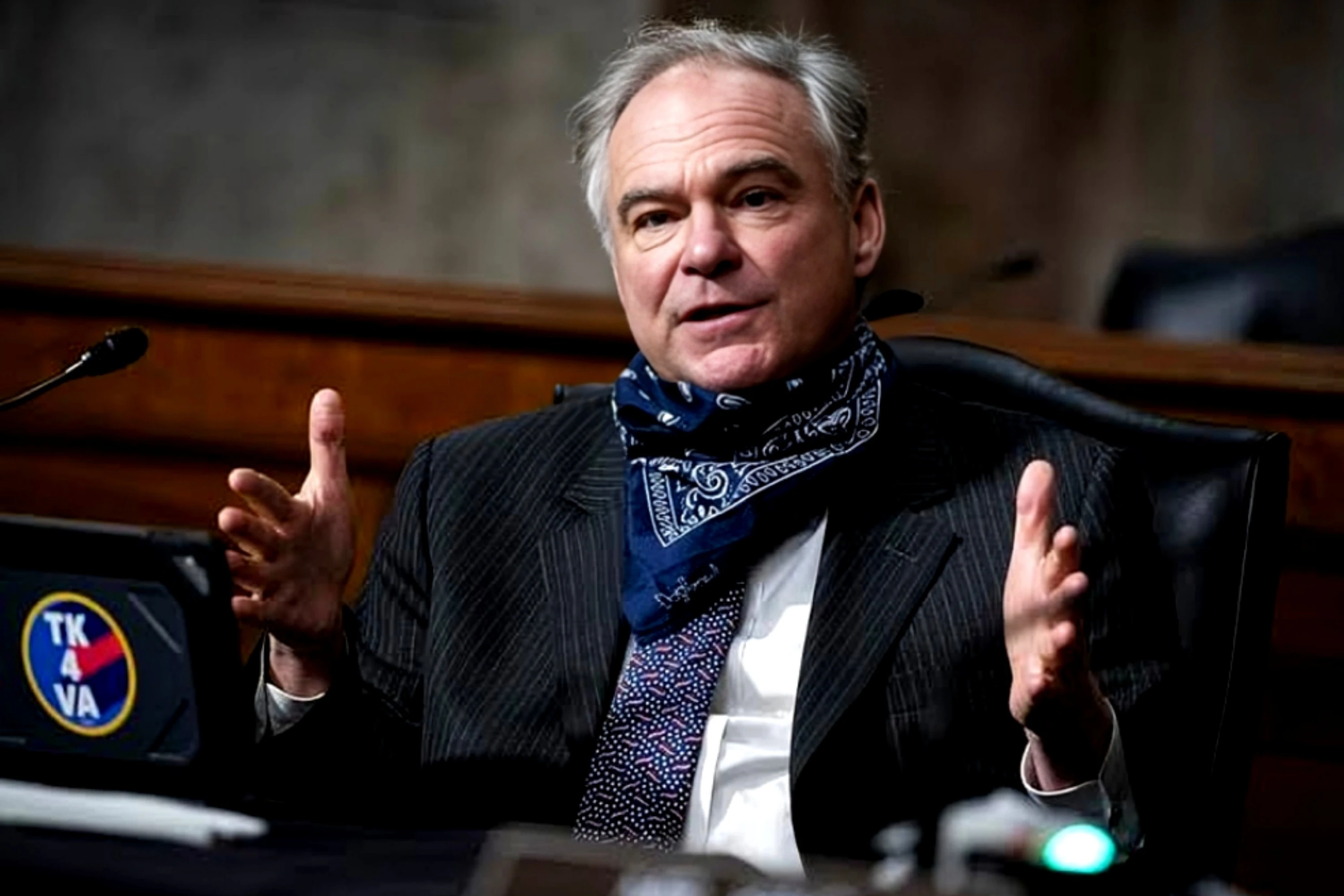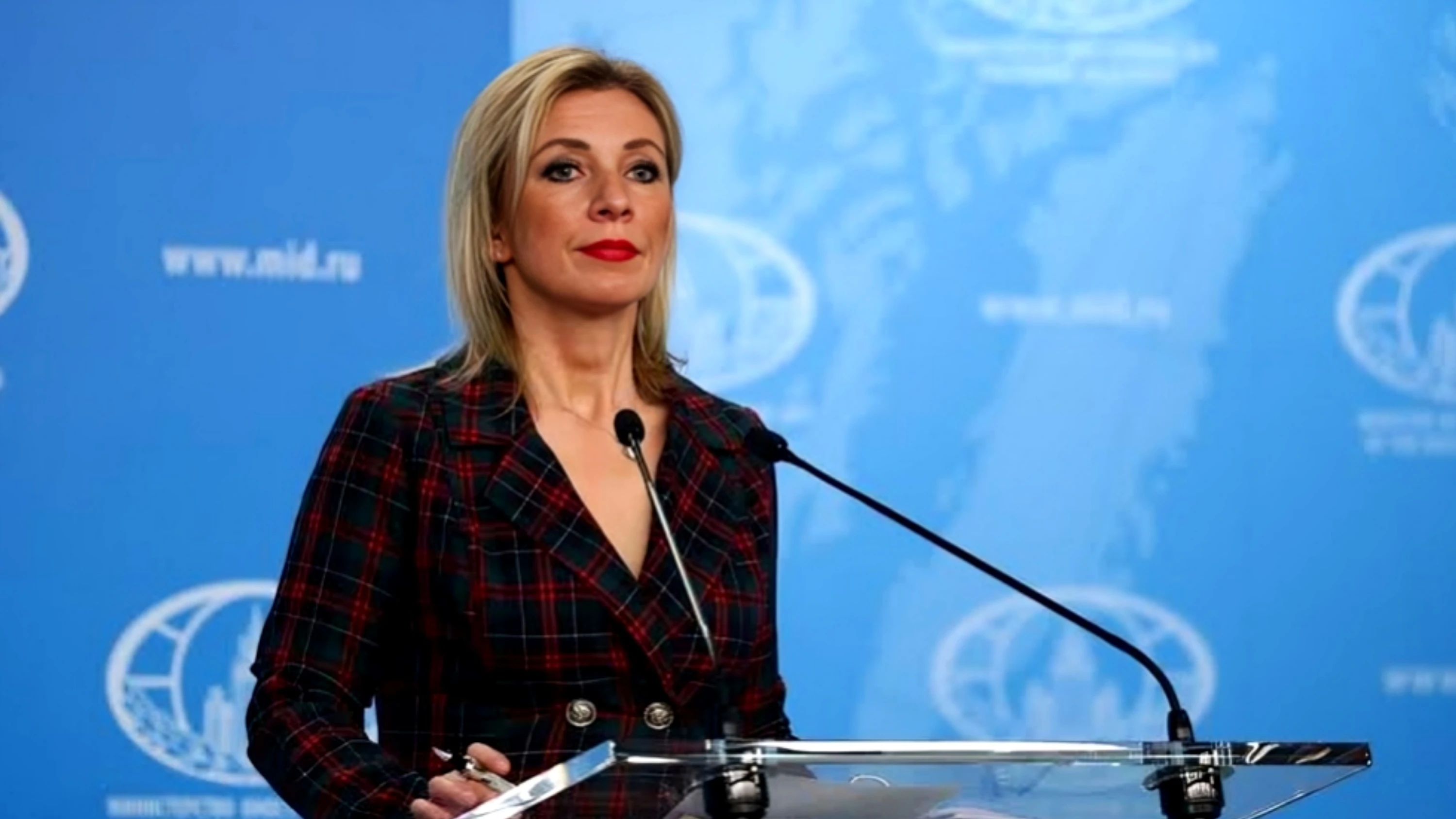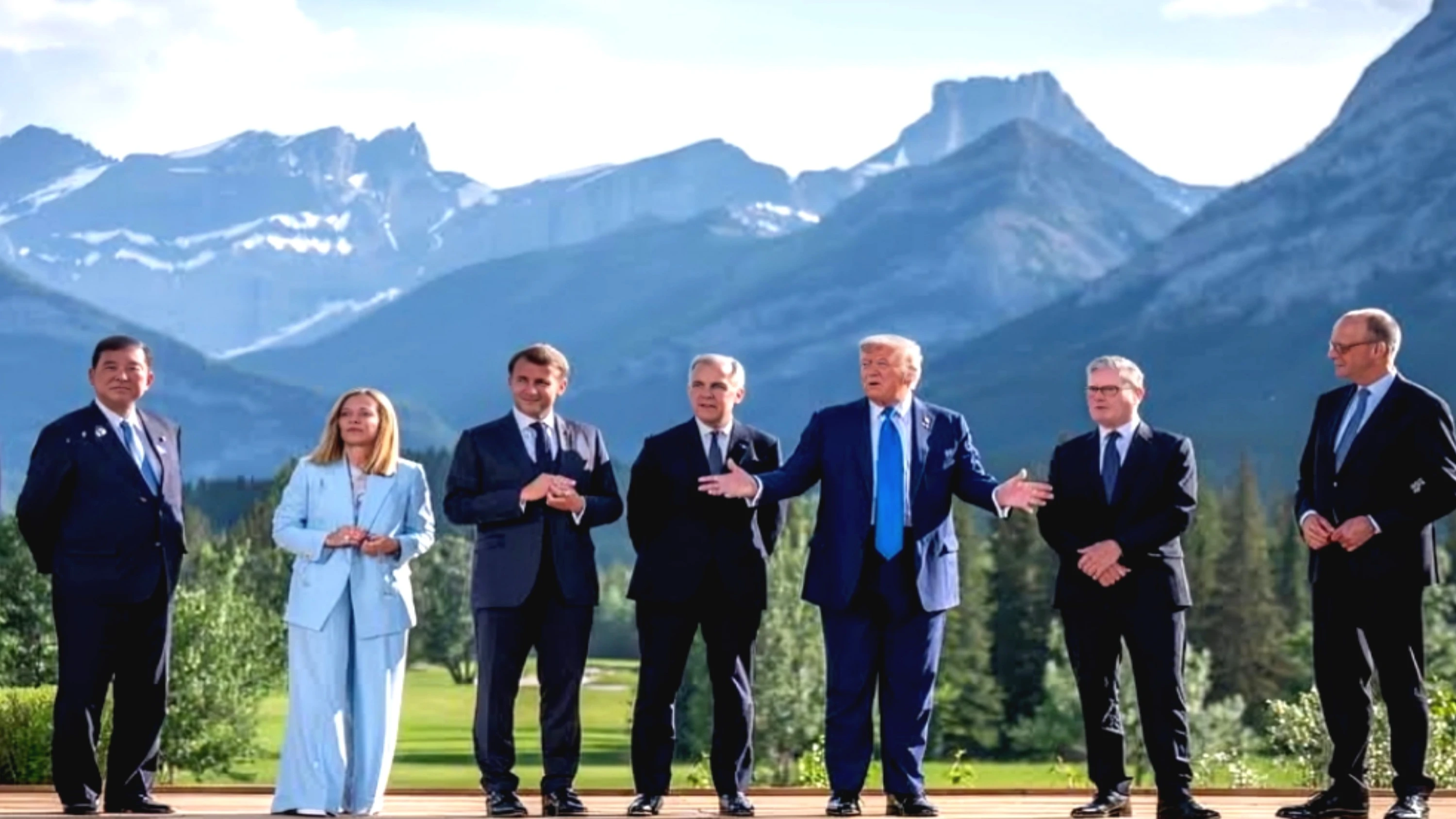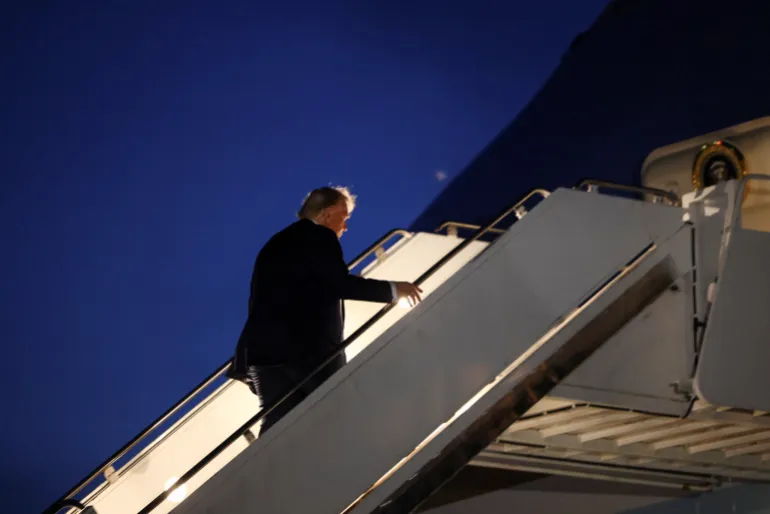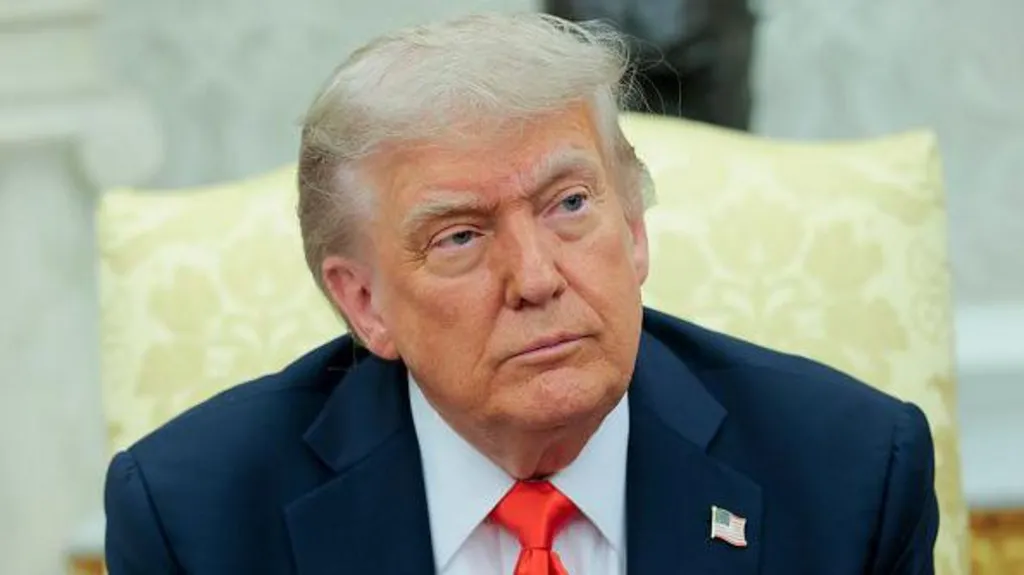Seoul: South Korea’s newly elected liberal president, Lee Jae-myung, assumed office on Wednesday, promising to steer the nation away from the turmoil of a failed martial law attempt and revive an economy grappling with global protectionism.
Lee’s election marks a pivotal moment for Asia’s fourth-largest economy, following the ousting of former President Yoon Suk Yeol, who was removed just three years into his presidency amid public outrage over an attempted military takeover. The special election on Tuesday saw Lee secure a decisive victory, signaling a dramatic shift in South Korea's political direction.
Speaking at his swearing-in ceremony held in the National Assembly — the same site he dramatically entered months earlier to resist martial law forces — Lee pledged to lead a pragmatic, market-oriented administration. He outlined plans for deregulation to fuel innovation, efforts to reconnect with North Korea, and a commitment to maintaining strong ties with the United States while balancing diplomatic relations, especially with China.
“Achieving peace without conflict is the strongest form of security,” Lee said, stressing dialogue over confrontation in inter-Korean relations.
The National Election Commission officially confirmed Lee’s presidency on Wednesday, immediately transferring executive authority and military command to him. He received a defense briefing from top military officials shortly after taking office.
Lee clinched the presidency with 49.42% of the nearly 35 million votes cast, while his conservative opponent, Kim Moon-soo, garnered 41.15%. Voter turnout reached its highest level for a presidential election since 1997, underscoring the significance of this political transition.
In his inaugural address, Lee said his administration would prioritize addressing economic distress — particularly for middle and low-income households and small businesses — starting on his first day in office. He also faces a tight deadline from the White House to renegotiate import tariffs that have widened trade tensions between Seoul and Washington.
Meanwhile, South Korean markets responded positively to the leadership change. The benchmark KOSPI index (.KS11) surged over 2%, hitting a 10-month high, driven by investor optimism about economic reforms and Lee’s green energy initiatives.
The previous caretaker administration had struggled to mitigate the impact of steep U.S. tariffs, first imposed by President Donald Trump, which targeted key South Korean industries such as steel and automobiles.
The Center for Strategic and International Studies in Washington highlighted the urgency for Lee to swiftly engage with U.S. leaders to resolve trade disputes, calling it the most pressing issue of his early presidency.
U.S. Secretary of State Marco Rubio extended congratulations to Lee and emphasized the enduring strength of the South Korea-U.S. alliance. He noted that both nations are working to modernize their partnership in light of evolving strategic and economic challenges.
While the White House affirmed the legitimacy of Lee’s election, a U.S. official reiterated concerns over China’s influence in democratic systems worldwide. Despite this, Lee has signaled a more conciliatory approach toward Beijing and Pyongyang, acknowledging China’s economic significance while expressing caution on sensitive security issues like Taiwan.
Nevertheless, Lee pledged to maintain outgoing President Yoon’s cooperative stance toward Japan and reaffirmed that the alliance with the United States remains central to South Korea’s foreign policy.



